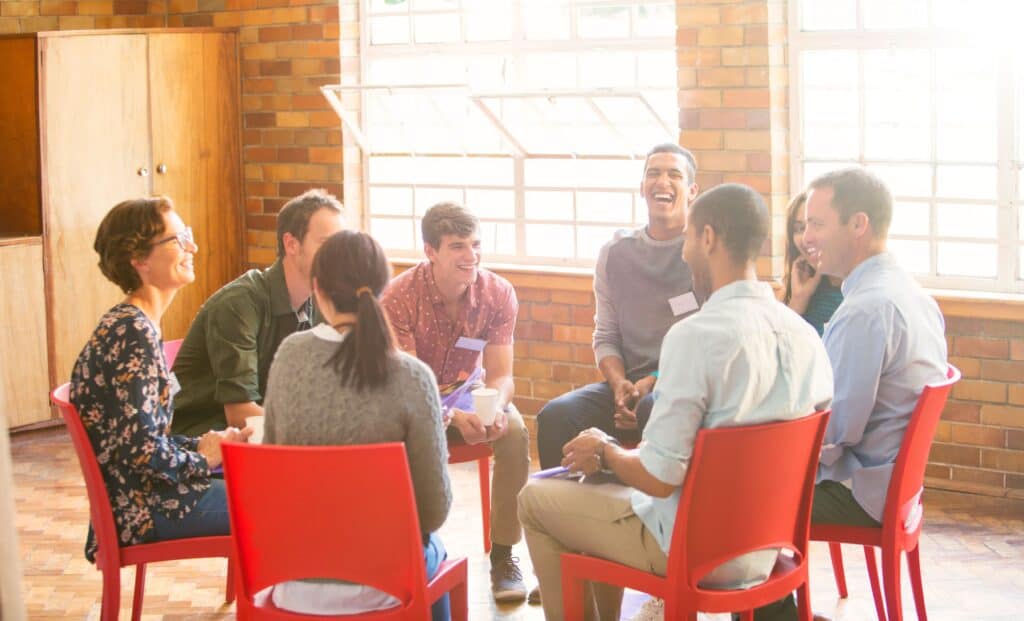Addiction Treatment In NJ
Enlightened Solutions offers comprehensive addiction treatment in NJ for those struggling with addiction and co-occurring mental health disorders. Our evidence-based approach is tailored to each individual’s needs, helping them achieve physical, emotional, and spiritual healing. We offer personalized care plans that include a variety of therapeutic services such as individual counseling, group therapy sessions, relapse prevention education, 12 Step programs, and more. With our compassionate team of highly trained professionals, clients can take the first step toward lasting recovery.
Drug Addiction
Enlightened Solutions offers a comprehensive and holistic approach to drug addiction treatment in NJ. Enlightened Solutions strives to create a safe and healing environment for individuals struggling with substance use disorders. Our highly trained staff of certified addiction counselors, medical professionals, psychiatrists, psychologists, and holistic practitioners work together to provide a personalized treatment plan that meets the unique needs of each individual. We aim to empower clients to gain insight into their behavior and develop the skills needed for long-term recovery.

Alcohol Addiction
At Enlightened Solutions, we provide alcohol addiction treatment in NJ that helps individuals learn to have a happy healthier life without alcohol. We strive to create a healing environment where our clients can learn the skills needed for sustained recovery from alcohol addiction. Our team encourages clients to take an active role in their recovery by participating in group therapy sessions and 12-step programs, attending regular counseling appointments, doing aftercare activities, and engaging in other activities that promote self-discovery and growth.
Mental Health Disorders
At Enlightened Solutions, we offer treatment to clients with primary mental health disorders. And also those with co-occurring dual-diagnosis substance use disorders. We provide medication management, individual counseling, and evidence-based therapies, such as cognitive-behavioral therapy (CBT) and dialectical behavior therapy (DBT), to help our clients learn how to manage their symptoms more effectively. We also work with them to develop healthy coping skills. Through our integrative treatment plans and compassionate support system, we give our clients the best chance of achieving positive treatment outcomes.

Find Compassionate Addiction Treatment in NJ
At Enlightened Solutions, we understand how difficult it can be to break free from the grip of addiction. Our team of professionals provides comprehensive treatment for those struggling with drug and alcohol addiction. We designed our evidence-based therapies to help people overcome their substance use disorders and lead healthier lives.
We also specialize in dual diagnosis. Therefore, we provide integrated care for those with co-occurring substance use and mental health conditions. Our personalized approach and commitment to excellence ensure clients receive the highest quality care possible. So that they can get back on track toward living a happy and healthy life free from addiction.
Contact us today to learn how we can help with our effective addiction treatment in NJ.
Contact Us
We are here to help. Contact us today and get the answers you need to start your journey to recovery!
-
Discuss treatment options
-
Get help for a loved one
-
Verify insurance coverage
-
Start the admissions process
Get In Touch
Fill out this form and we’ll respond to your message
You Have Any Questions?
-
Don't hesitate to contact us or visit our clinic.
-
Contact us:
-
Email Us:
-
Address:600 South Odessa Ave Egg Harbor City, NJ 08215


